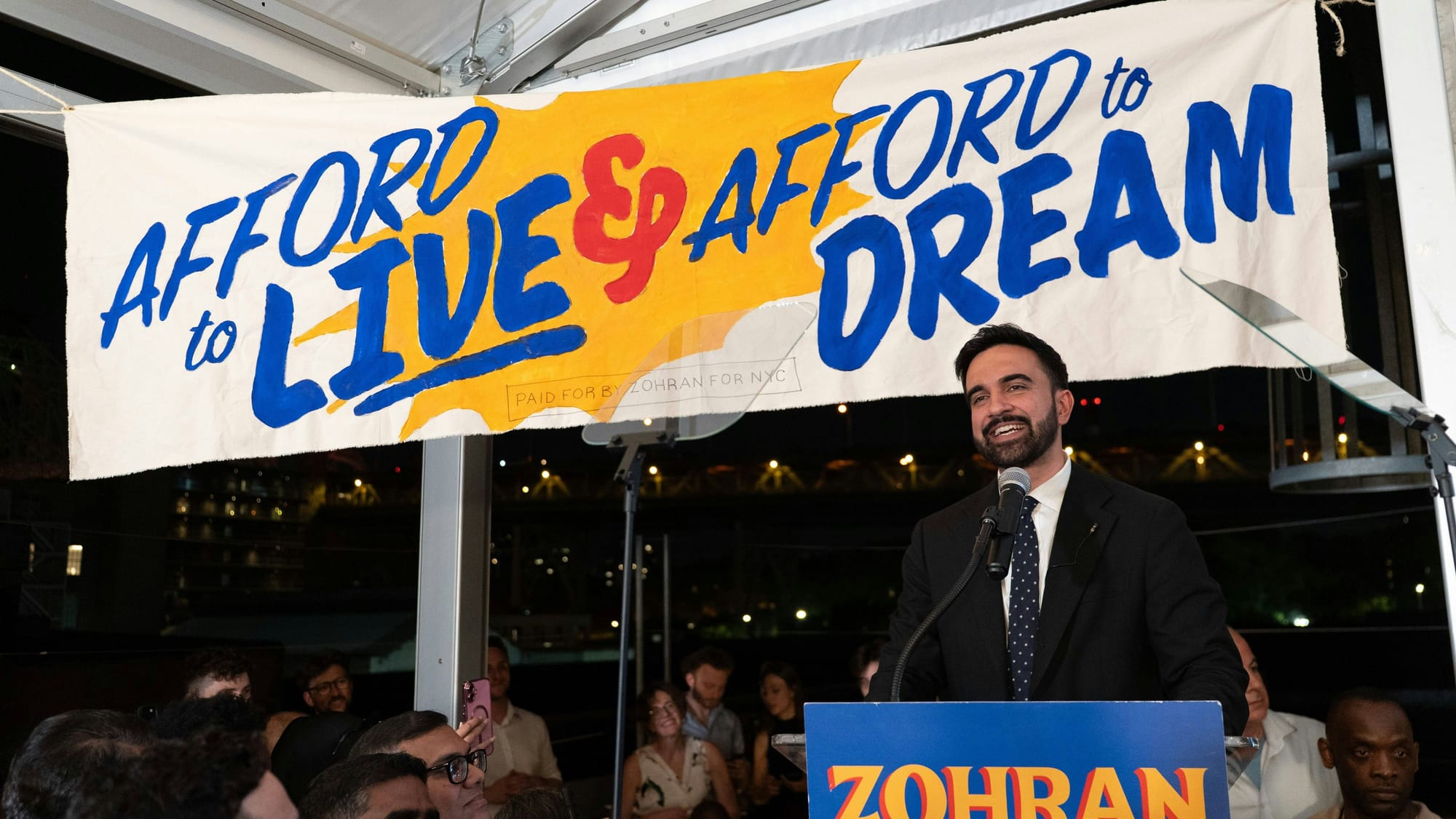On hope

A few years ago, for History is Sexy, we had a question come in about musicals and revolutions. Naturally the reasons we come back to stories about revolutions, musical or otherwise, are myriad and varied and if you want a more comprehensive look you can listen to the episode but there's one that kind of sums it all up for me, personally.
Revolutions tend to follow a pattern. Successful ones, in any case. There are common ingredients to a productive uprising, from violent political revolts to small social movements. One of those common ingredients is that revolutions don't tend to happen when everything is terrible.
They happen when everything has been terrible, and has started to get a little bit better. The truly terrible times are too steeped in exhaustion and despair. Everyone's just trying to survive and the possibility of better things seems too remote to consider.
When things start to get a little easier there's more energy to stand against tyranny. When things start to get a little better the possibility of things being a lot better seems real.
Revolutions are an act of hope, and you need hope for them to happen.
Hope is something I've thought about a lot in the six years since recording that episode. Often it feels like something quite passive. You either feel it or you don't and, in recent years, it's been hard to feel.
We might look for reasons to feel hopeful but we've learned caution in approaching them. There have been too many disappointments and despair brings its own, distorted kind of comfort.
It's a hopeful week right now. Zohran Mamdani has used roguish charm, outstanding graphic design, and avowed socialism to win an election! It was fun to watch!
And in his victory, he spoke about the hope of the moment.
While we cast our ballots alone, we chose hope together. Hope over tyranny. Hope over big money and small ideas. Hope over despair. We won because New Yorkers allowed themselves to hope that the impossible could be made possible.
Already people are preparing for the come down. Running for office requires different skills than being in office, politics is about compromise, too much of America's political establishment are so afraid of progressives they're going to dedicate themselves to his downfall, he won't be able to protect the city from Trump's assault on Democratic regions. Etc.
I think what makes hope difficult is the knowledge that there's no end to the story. All our moments of triumph are immediately followed by the need to keep going, and the awareness that nothing in the future is assured. There is no such thing as making it, you never reach the mountaintop, we climb in order to keep climbing.
I took a paper on revolutions sometime around 2008 and that is when I first learned about the patterns they follow, the momentum gaining on an upswing, the need for hope and, at the time, I didn't think about it beyond that. Hope returns more or less organically, I assumed.
But over the years I've returned to it again and again. Because if what a revolution needs is for things to start improving, how do things improve enough to spark a revolution?
Some if it is unplanned. The French were inspired to revolution in part because of high food prices, caused by successive years of bad harvests (caused by a volcano, we have another episode on that) so when the harvests improved the price of food went down.
If that was all it was, it would be simple. The worst times make you hopeless, but all you have to do is wait for change and for hope to return.
But hope isn't a passive thing. Hope is a thing we keep. And we owe the most to those who manage to keep it even in the bleakest times. To those who feed hope during eras when it accomplishes nothing.
I think tending carefully to hope is the one thing we really can be doing, even when we feel so powerless in all other ways. To make sure that it is only ever dormant, never dead.
The only thing that stops better things from being possible is letting yourselves forget that they are.
